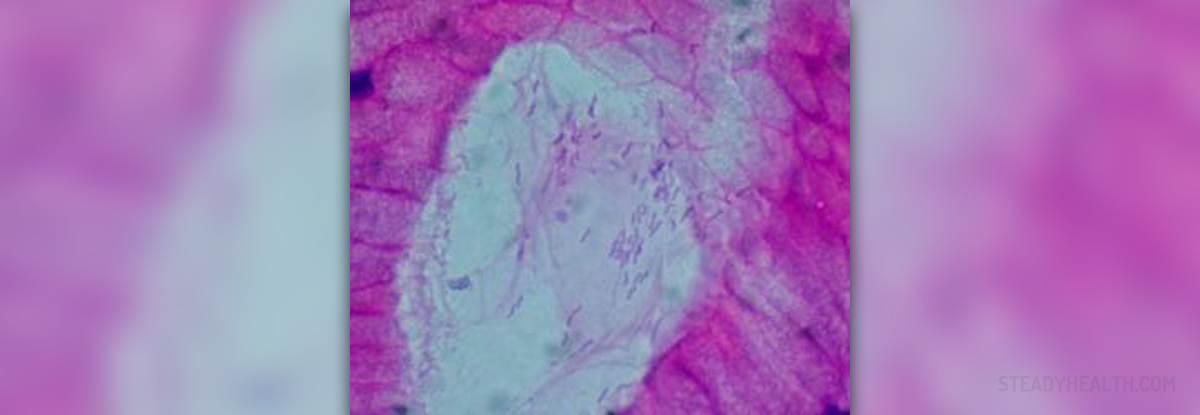
Gastritis is a disease consisting of an inflammation of the lining of the stomach. In most cases, after it is treated, gastritis does not cause permanent damage to the stomach.
There are many possible causes for gastritis but the most common is a bacterial infection caused by Helicobacter pylori. The infection may also be caused by a virus, a fungus or a parasite. Other causes include long term use of non-steroid anti-inflammatory drugs, such as ibuprofen, excessive consumption of alcohol, coffee, cigarettes, autoimmune diseases and systemic diseases (AIDS, Crohn’s disease, sarcoidosis).
The most common symptoms are an upset stomach and pain, but also indigestion, heartburn, nausea, hiccups and loss of appetite.
The tests required for diagnosing gastritis include endoscopic tests of the stomach, done with a small tube inserted through the mouth into the stomach, laboratory tests, stool examination and breath tests.
In order to prevent gastritis, it is important to change certain habits, especially to quit smoking and drinking alcohol, to avoid certain medications, coffee and acidic food. The diet needs to be rich in fiber and low in fat.
Foods that contain flavonoids, like apples, celery, cranberries, garlic, onions and tea, can help reduce the growth of Helicobacter pylori.
In case the gastritis is caused by H. pylori, the usual course of action includes a three-drug regimen. Two of the drugs are antibiotics that fight the bacteria and the third component is a proton pump inhibitor, which lowers the production of acid.
The drugs used for a case of gastritis that is not caused by H. pylori are often the same ones prescribed for ulcers. These are antacids, prescribed to relieve heartburn and indigestion, and H2 blockers, which reduce the secretion of acid and proton pump inhibitors.
Eating habits are just as important as drugs are in fighting gastritis. Doctors used to recommend bland food in small amounts with milk, but today they agree that such a regimen is not really necessary.
The diet should contain lots of flavonoids and antioxidants (fruits and vegetables) and Vitamin B (almonds, beans, spinach, algae).
Food should be low fat or non-fat, and if there is fat, it should be in the form of olive oil.
It helps to drink plenty of water and to exercise regularly. In case a patient has food allergies, their sources must be completely eliminated from the diet.
Supplements than can help with symptoms of gastritis include multivitamins and multiminerals, Omega-3 fatty acids and probiotics. Probiotics are particularly important because they restore the normal balance between the “good” and the “bad” bacteria in the stomach, helping the “good” ones fight the H. pylori.


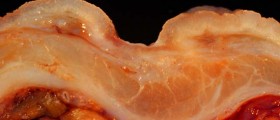

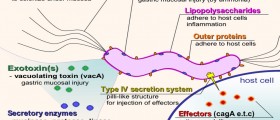
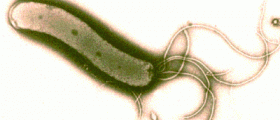


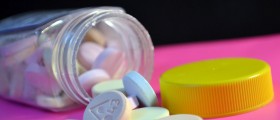
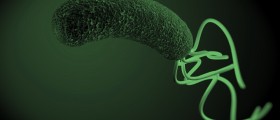
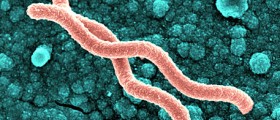

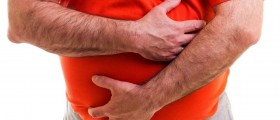




Your thoughts on this
Loading...